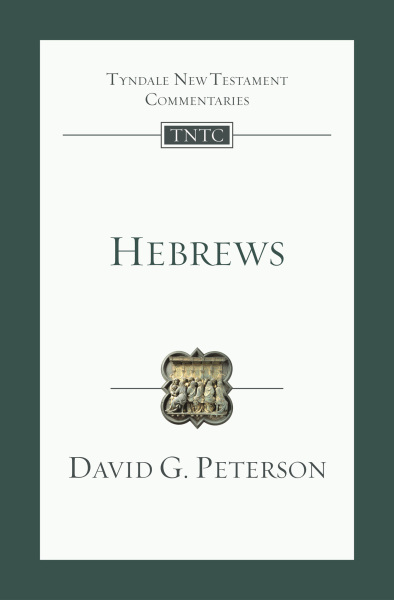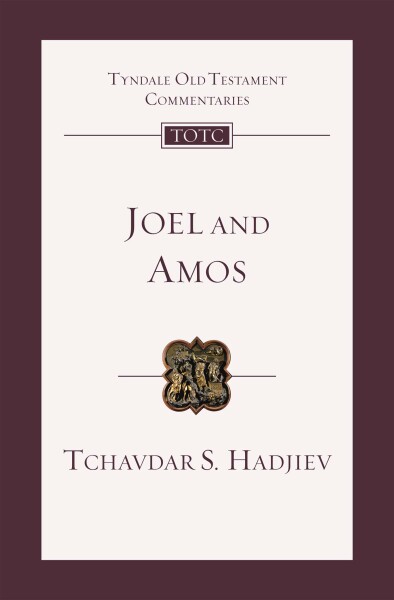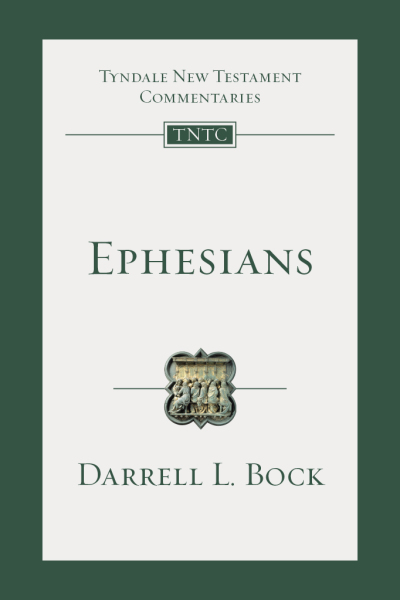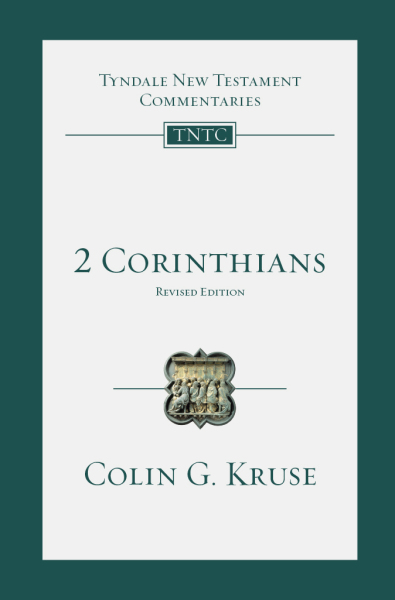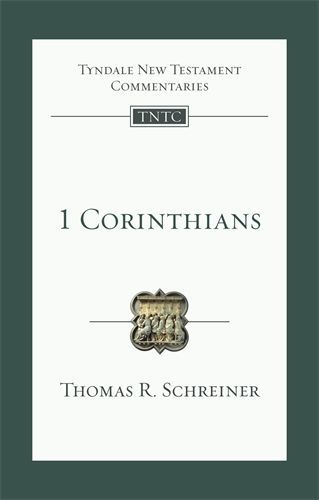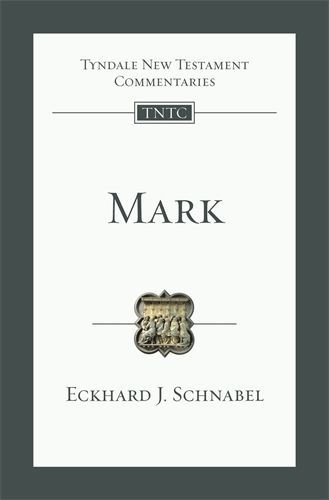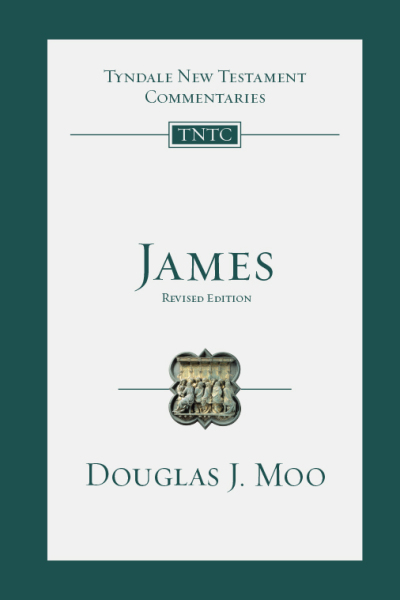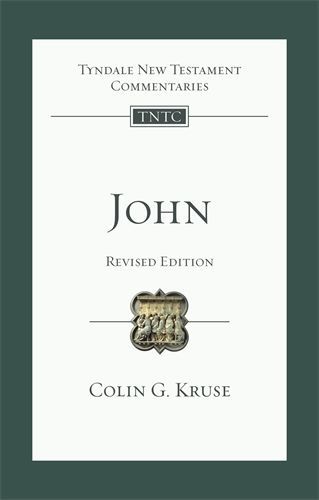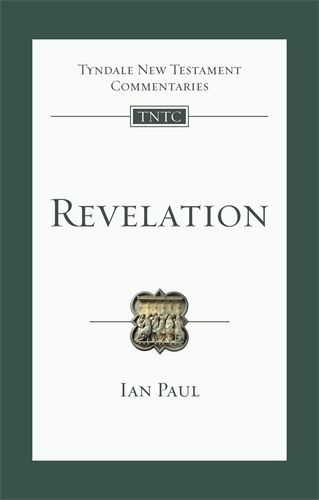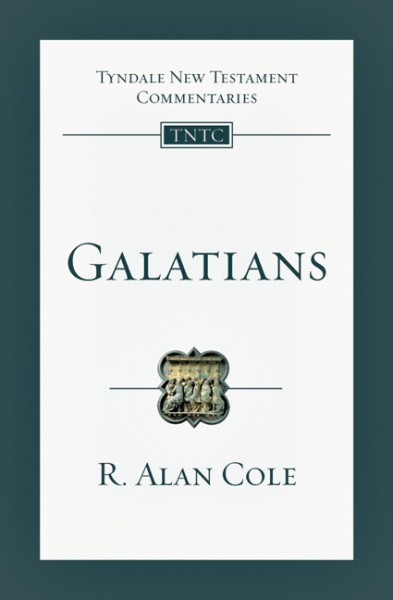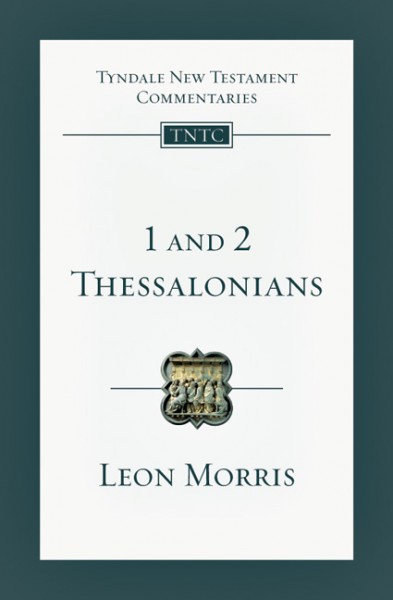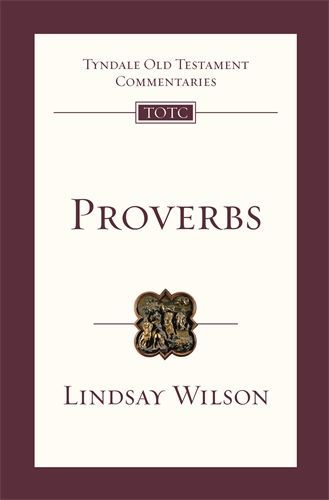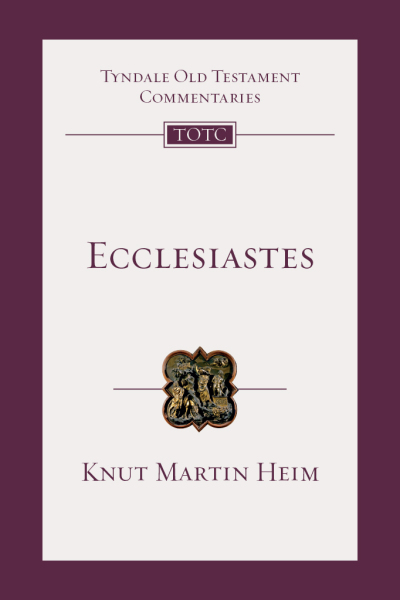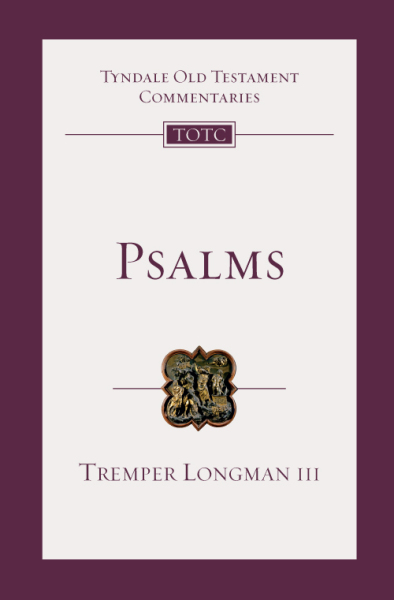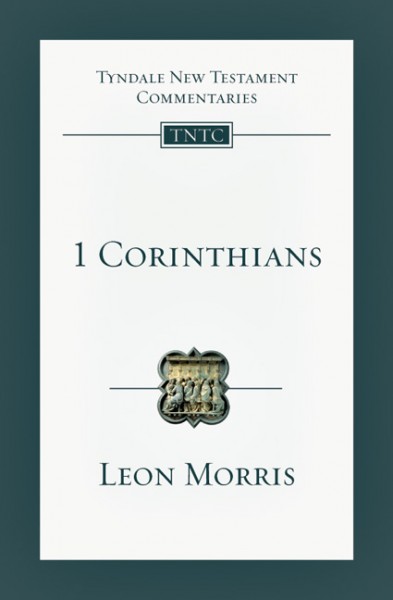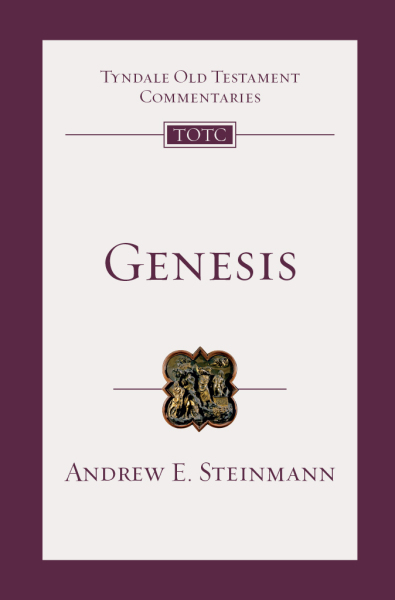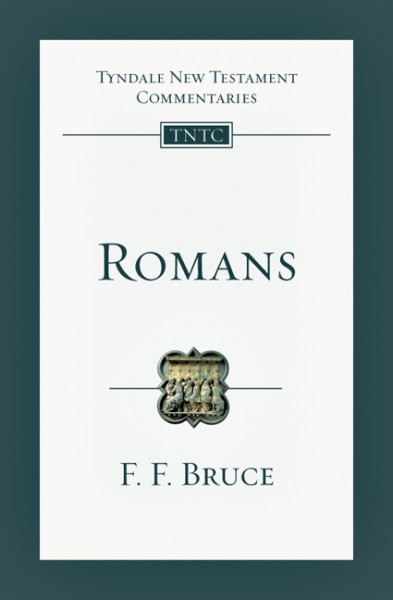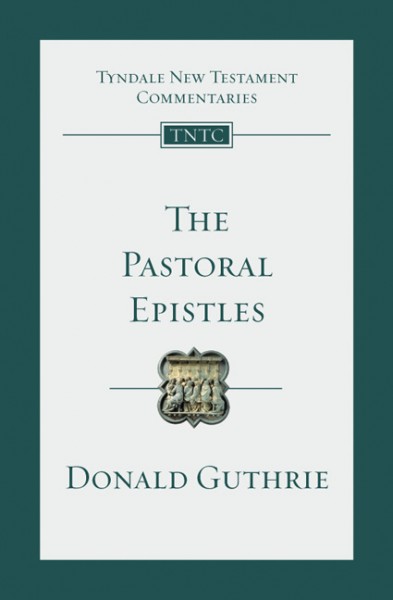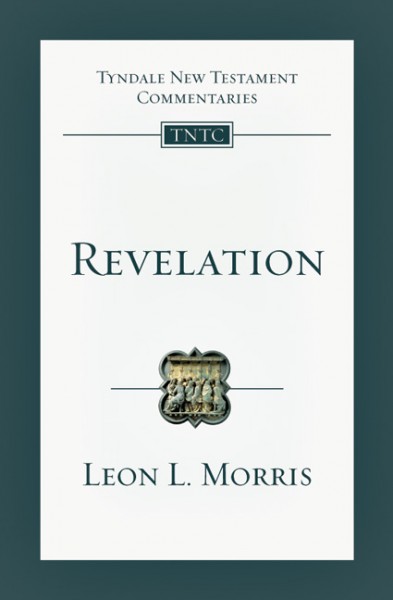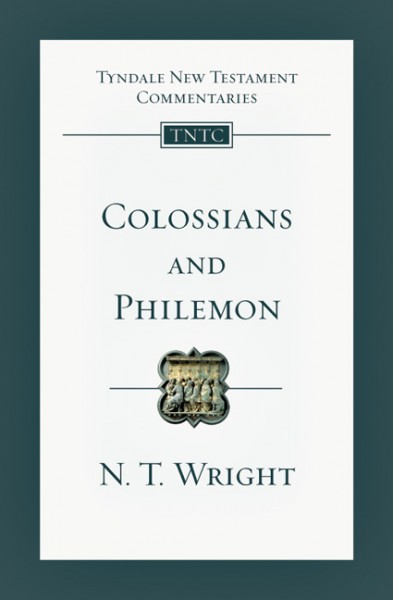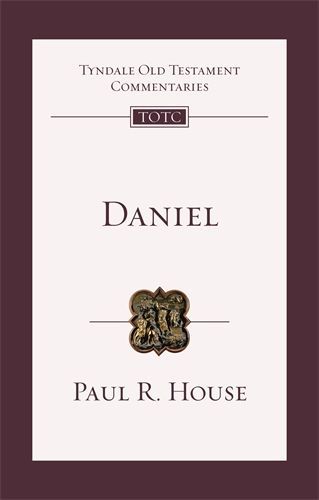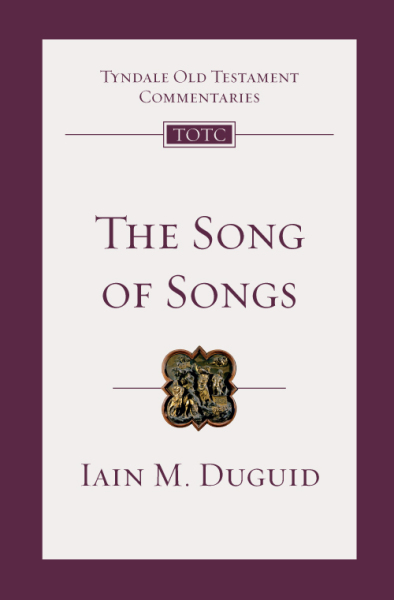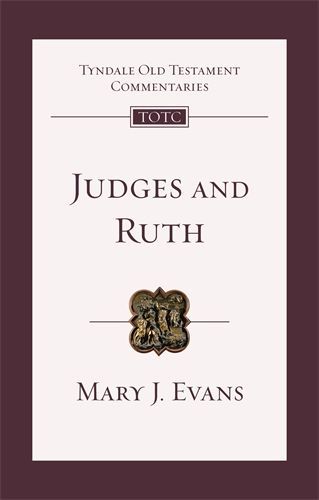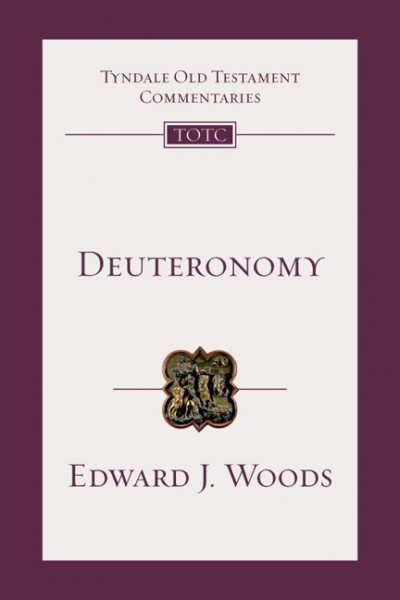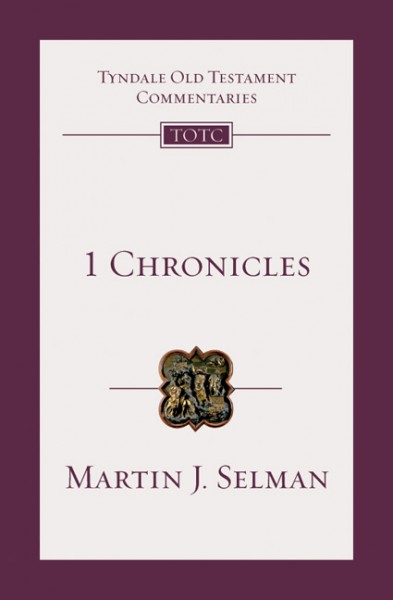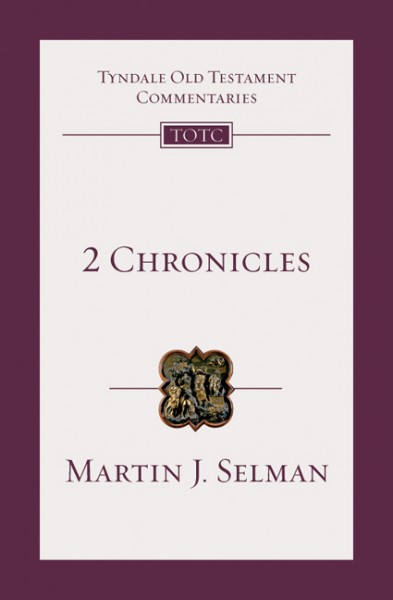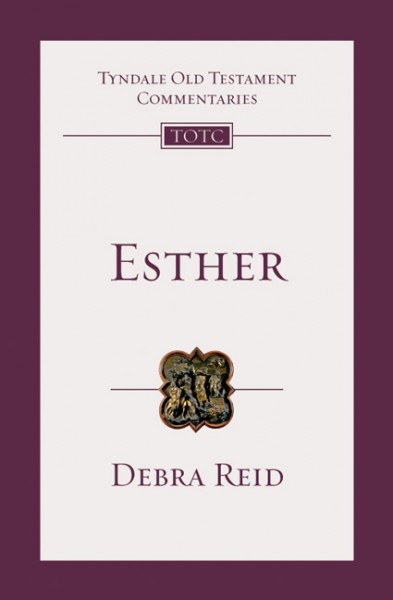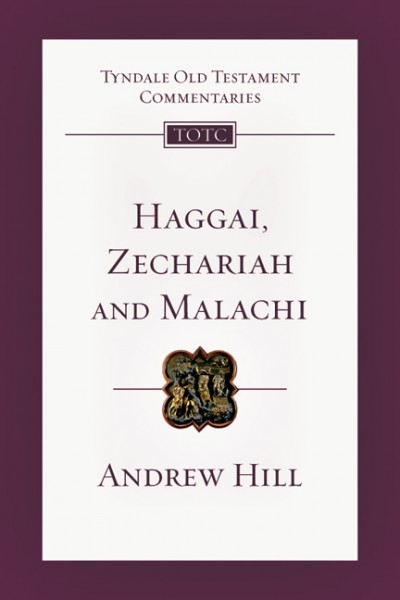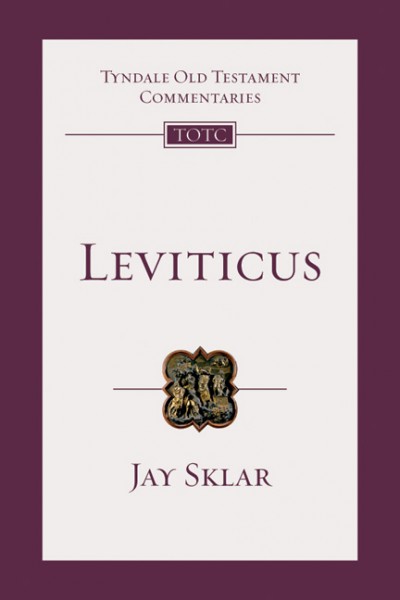


Tyndale New Testament Commentaries: Romans (Garland 2021) - TNTC

Tyndale New Testament Commentaries: Romans (Garland 2021) - TNTC
Romans has been described as the theological epistle par excellence. The apostle Paul emphasizes that salvation is by God’s grace alone, and gives the assurance that freedom, hope, and the gift of righteousness are secured through Christ’s death on the cross, with the promise of a new and glorious destiny. Through the power of the Holy Spirit, believers can discern and do the will of God in everyday life. God’s purpose is to bring Jews and Gentiles together so that they may glorify the God and Father of our Lord Jesus Christ with one voice. David Garland offers clear guidance along the rewarding, though sometimes difficult, paths of this great letter.
The Tyndale Old Testament Commentaries have long been a trusted resource for Bible study. The introduction to each volume gives a concise but thorough description of the authorship, date and historical background of the biblical book under consideration. The commentary itself examines the text section by section, drawing out its main themes. It also comments on individual verses and deals with problems of interpretation. Written by some of the world's most distinguished evangelical scholars, they continue to aim at the true meaning of the Bible and to make its message plain to readers today.
David Garland is Professor of Christian Scriptures at George W. Truett Theological Seminary, Baylor University, USA. His books include The Intention of Matthew 23 and Reading Matthew: A Literary and Theological Commentary on the First Gospel. He has also written several commentary volumes, including the Mark and Colossians/Philemon volumes in the NIV Application Commentary, the 2 Corinthians volume in the New American Commentary, the Mark volume in the Zondervan Illustrated Bible Backgrounds Commentary, the 1 Corinthians volume in the Baker Exegetical Commentary on the New Testament, and the Luke volume in the Zondervan Exegetical Commentary on the New Testament. He has published more than fifty articles, and his books have been translated into Spanish, Korean, Russian and Portuguese.

